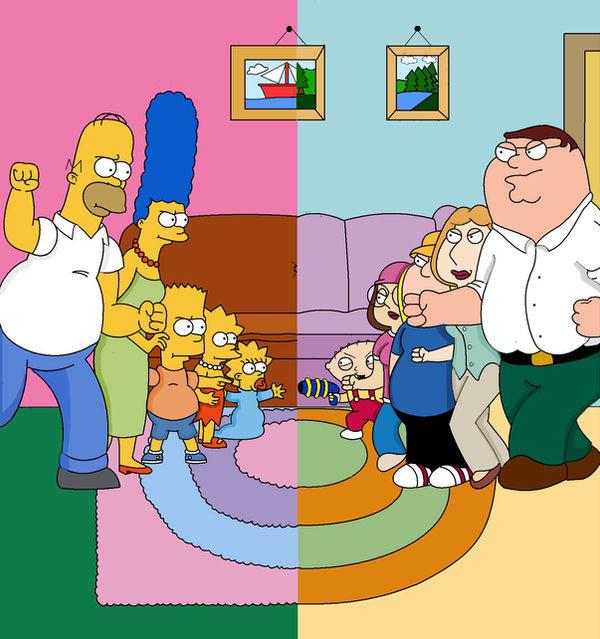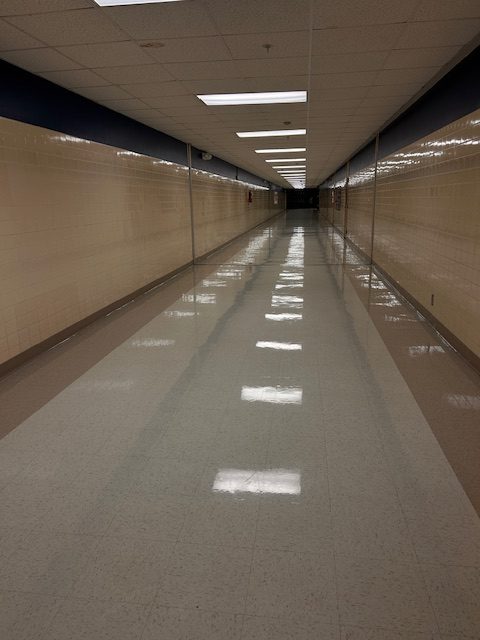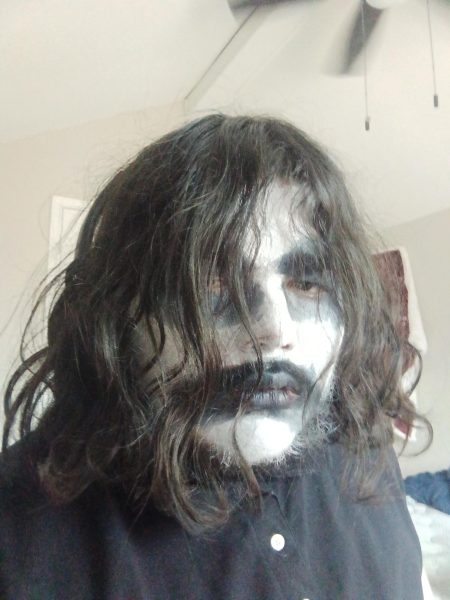On the question of “What is Family Guy even about?”, I would argue the show pertains to the antics of Quahog, Rhode Island, often arbited and exacted by the show’s Griffin family – though this is of course the more limiting literalist approach– and is an absurdist satire of most things, particularly pop-culture in the later seasons, but without any particular or consistent prime target of the satire, unlike The Simpsons,
who’s fixation is on creating a mockery of the average American town and family, satirizing pop culture and American culture.
Family Guy possesses these attributes as well, though leans more into absurdism, and often exists without any particular reason or meaning, which is what most episodes fall into, just being absurdist for the sake of absurdism, and making brief commentaries, but none that are particularly unique. I actually prefer nonsensical, absurdist, dadaist humor which exists entirely not to exceed any boundary of comedy, and primarily exists for humor, refraining from being terribly serious or dramatic, which might diminish the comedy of it all, similar to what occured in the early seasons of The Simpsons.
While I certainly appreciate the familiarity, I suppose, of Springfield, I think that The Simpsons ultimately leans far too heavily into a serious satire of American culture, unlike the more unpredictable Quahog and the Griffins. I think Peter Griffin in particular comes in great disparity to Homer Simpson, as while both are middle-aged everymen with a wife, a dog, and 2.5 kids —something very reflective of America at their respective times of conception
— I think that Peter himself twists the formula by behaving far more petulantly and insolently. Though I think the greatest disparity emerges in the towns. Springfield is just Anytown from Everystate, USA, and their bumbling Ted Kennedy-inspired Mayor Quimby brings the show into a more serious commentary on stereotypical local politics and life, or at least late 20th-early 21st century life.
Meanwhile, Quahog is very specifically stated to be within Rhode Island, narrowing the relatability down to the Northeast, and so this leads to less creative impediments, as Springfield is just a town of averages, while Quahog can be whatever Seth MacFarlane wants because any attempt at creating an “Anytown, USA” has already been disregarded. And this is even reflected in the former mayor, Adam West, who isn’t a satire of the average corrupt local American politician, but an actual psychopath (per “Dr. C and the Women”) who acts like a petulant, foolish, ignorant mayor of some town in Rhode Island, further alienating the audience, and making Quahog more of a public spectacle than an actual relatable experience. In fact, most of the relatability of Family Guy is derived from these brief moments of mundane things mentioned by Peter Griffin and further elaborated upon by a cutaway. And at the risk of repetition, the divide between Santa’s Little Helper and Brian Griffin also exaggerate the two distinct places in comedy occupied by the two shows, with Brian being almost a self-parody of Seth MacFarlane, while Santa’s Little Helper is just an innocuous family dog.
And I think this brings me to my conclusion about what Family Guy truly is: it is a flanderized, extremist mockery of adult animations such as The Simpsons, and life in general, seemingly guided by a philosophy which I feel is rather Nietzschean, in a sense. Furthermore, I am inclined to believe that Family Guy is not merely a more absurd Simpsons clone, as much of The Simpsons’ formula is omitted and supplanted by a more creative, and dare I say expressive style. But ultimately, Family Guy is just an ongoing treatise into the mind of Seth MacFarlane, and not a parody of anything particularly serious.



